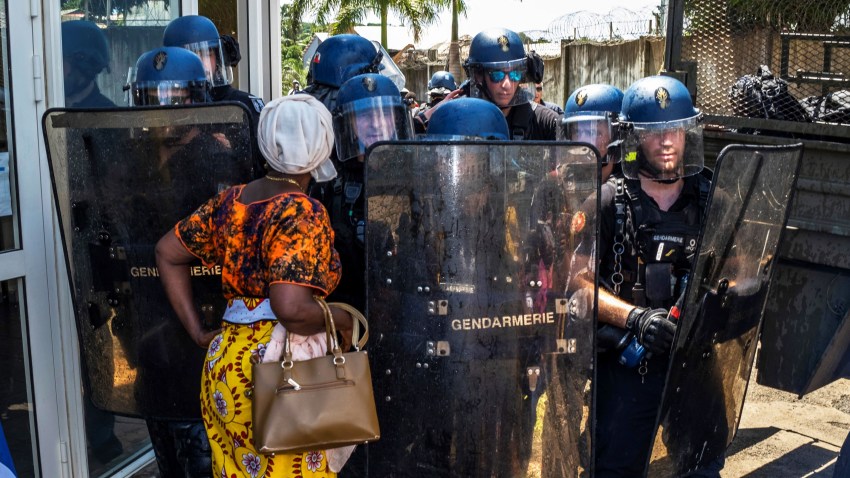Last month, the French government announced a plan to revoke birthright citizenship for the children of immigrants born on Mayotte, an island off the eastern coast of Africa that is one of France’s overseas regions and departments. The measure is meant to make Mayotte less attractive as a destination for migrants, many of whom arrive from the neighboring island of Comoros, which unlike Mayotte chose independence rather than remain under French sovereignty in 1975.
The proposed plan has caused a backlash among France’s left-wing opposition, which fears it will open the door for more far-right policies on immigration. But illegal immigration is only one of Mayotte’s long-standing crises, and its others—including water scarcity and crime—are not unique to Mayotte among France’s overseas territories. Together, those challenges, as well as France’s response—or lack of response—to them point to a broader and more complex crisis that Philippe Bernard, writing in Le Monde, recently described as “not only migratory, but postcolonial and international.”
French President Emmanuel Macron has made significant efforts to strengthen France’s relationship with other countries of the Global South. But as I wrote last month, while Macron seeks to establish France and Europe as the world’s “third pole of stability” by building bridges with these nations, his credibility is undermined by his consistently demonstrated inability to attend to France’s own Global South within, as illustrated by the crisis in Mayotte.

